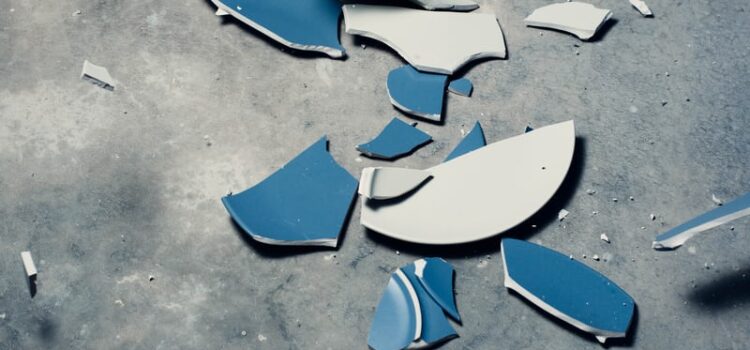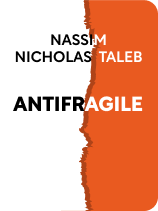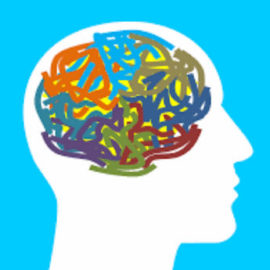

This article is an excerpt from the Shortform book guide to "Antifragile" by Nassim Nicholas Taleb. Shortform has the world's best summaries and analyses of books you should be reading.
Like this article? Sign up for a free trial here .
Do you want to know how to be antifragile? How can you start building antifragility?
In order to know how to be antifragile, you first need to understand what antifragility is and where it comes from. Since there’s no specific word in English for what antifragility actually is, you’ll have to open your mind and try to understand something totally new.
Read more about understanding antifragility and how to be antifragile.
Early Ideas on How to Be Antifragile
We can find another form of antifragility in the legend of Mithridates IV, king of Pontus. According to the story, after his father’s assassination, Mithridates began taking small doses of various poisons to build up tolerance for them. This practice came to be called Antidotum Mithridatium—in English, we could call it Mithraditization.
Nero’s mother Agrippina also used Mithraditization when she suspected that her son would try to poison her. It worked, and Nero’s assassins were unable to kill the queen by poisoning; unfortunately for Agrippina, that just meant that they had to resort to blades. Mithraditization is seen even in modern medicine: Vaccines could be considered a form of it. However, Mithraditization isn’t true antifragility. It makes you more durable, less likely to be harmed in the future, but you don’t actually improve yourself by taking it.
More relevant to the current topic is hormesis, a phenomenon where a small dose of a toxic substance actually stimulates an organism’s growth or improves its health. German toxicologist Hugo Schulz noticed that small doses of a particular poison would cause yeast to grow faster, while larger doses would slow the growth or kill off the yeast.
There are also claims—unconfirmed—that restricting calorie intake causes a variety of healthy reactions in the body. Note that this is not about cutting down on overeating, but reducing calories to starvation or near-starvation level, at least temporarily. However, another possible interpretation is that too much food, eaten too regularly, is bad for you, and reinstating the stressor of hunger helps return humans to a more natural and healthier state. In this case, hunger itself is the “toxin” that makes the organism stronger.
As a side note, Hormesis lost a great deal of clout in the scientific community after the 1930s, when it became conflated with homeopathy. Homeopathy is the belief that diseases can be cured by introducing extremely diluted parts of what causes the disease: viruses, poisons, and so on. However, homeopathy uses such small amounts of these agents that it can’t possibly cause hormesis—or do much of anything, for that matter. Homeopathy, unlike hormesis, has very little scientific evidence backing it up.
The key point is that certain types of stress are actually good for you, and taking them away can actually be harmful. For a classic example, consider exercise: You slightly damage your body so that it will become stronger by repairing itself, thus learning how to be antifragile.
Domain Dependence: Understanding Requires Context
People struggle to identify concepts outside of the context in which they originally learned those ideas. This concept is called domain dependence, with “domain” referring to a particular subject or type of activity. If you’ve ever bumped into a coworker or teacher in the supermarket and had trouble recognizing each other, then you already understand this problem.
Regarding antifragility, the idea of certain systems needing stressors to function isn’t a new one, but people who understand this fact in some aspects of life fail to transfer it to others. That’s why, for example, a scientist who’s familiar with hormesis might not be able to recognize the same sort of antifragility in economics, or the process of invention and discovery.
No matter the field, occasional problems provide valuable information and experience that strengthen our overall understanding and ability in that field. However, the average person will only see these incidents as setbacks and failures.

———End of Preview———
Like what you just read? Read the rest of the world's best book summary and analysis of Nassim Nicholas Taleb's "Antifragile" at Shortform .
Here's what you'll find in our full Antifragile summary :
- How to be helped by unforeseen events rather than harmed by them
- Why you shouldn't get too comfortable or you'll miss out on the chance to become stronger
- Why you should keep as many options available to you as possible






